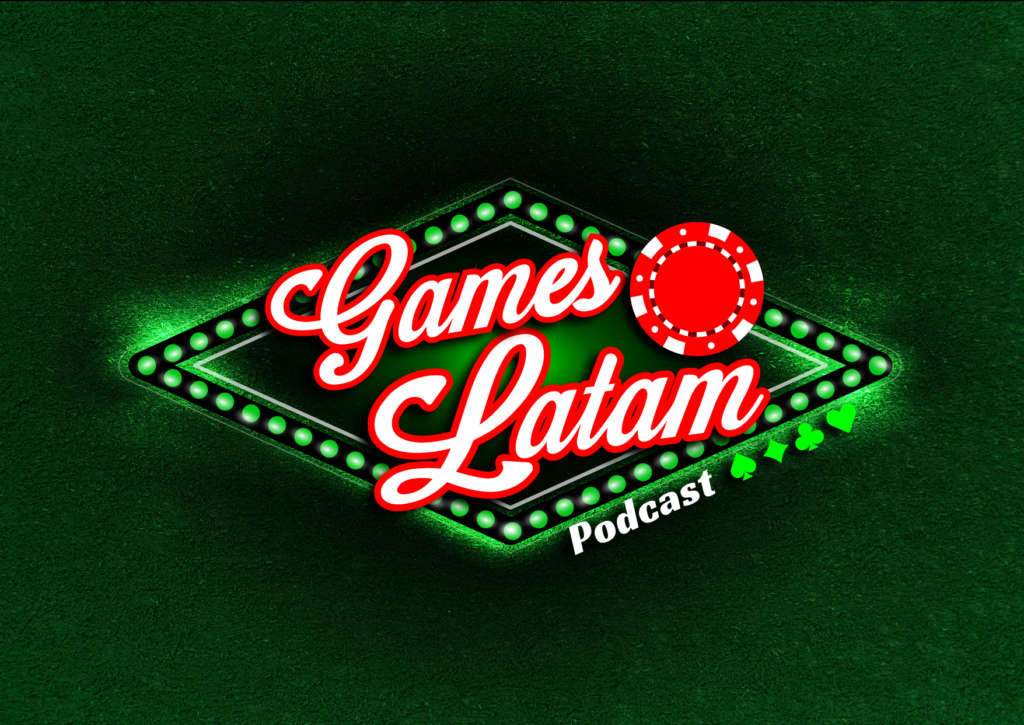Imagine a national self-exclusion database under fire from accusations of leaked player information.
Now, Spelinspektionen—Sweden’s gambling regulator—firmly denies any breach, insisting Spelpaus data stays secure.
Picture encrypted records, no addresses exposed, and zero evidence of malicious leaks supporting a safer gambling ecosystem.
Read on to discover how Spelinspektionen counters these claims, clarifies potential issues, and upholds responsible gaming.
Swedish Regulator Debunks Spelpaus Data Breach: Evidence Remains Elusive
3 Key Points
- Spelinspektionen rejects allegations of a Spelpaus data breach, emphasizing strict encryption safeguards.
- The regulator admits some unresolved issues, as Spelpaus users still get promotional material from unlicensed operators.
- Over 120,000 players have self-excluded since 2019, reflecting the Swedish commitment to responsible gambling.
Spelinspektionen, Sweden’s national gambling regulator, has strongly denied any data breach in Spelpaus. The allegations surfaced in a documentary called ‘Kasinoläckan,’ aired on Sveriges Radio channel P1. The documentary series investigates the European casino industry, including the Swedish market. Its first episode hints at an alleged leak of personal information from the country’s self-exclusion register.
Spelpaus, launched in 2019 alongside Sweden’s legal online gambling framework, is the national self-exclusion register. The scheme aims to safeguard vulnerable players and restrict gambling activity among those choosing exclusion. Despite the documentary’s suggestions, Spelinspektionen claims there is no evidence that Spelpaus data has ever left the system.
The regulator explains that all details remain fully encrypted. It adds that there is no mention in the register about whether an excluded individual suffers from gambling addiction. Nor does it contain their telephone or address information. According to Spelinspektionen, these measures limit any possibility of a data breach.
At the same time, the regulator concedes there are some issues to address. For instance, some consumers who have self-excluded via Spelpaus still receive gambling-related marketing. Spelinspektionen suspects that these unsolicited communications come mostly from operators without a Swedish licence. Such operators apparently disregard the Spelpaus register, thus violating Swedish legal requirements. The regulator has been investigating the matter since spring of last year, pledging more decisive action if it continues.
Under Sweden’s Gambling Act, licensed operators must integrate Spelpaus. They must ensure the self-exclusion option is consistently available and up to date. The law also imposes a duty on licensees to honor that exclusion rigorously. Players can pick between several set exclusion periods: one, three, or six months, or a 12-month or indefinite block. The approach grants flexibility for those seeking to curb problematic gambling.
Since Spelpaus launched, over 120,000 players have enrolled. Despite critics pointing out that these gamblers may still access unlicensed websites, the existence of Spelpaus is widely regarded as a positive step toward responsible gambling. The push to end any misuses or flaws in the self-exclusion scheme forms a critical part of Spelinspektionen’s mission.
The Swedish regulator remains determined to preserve the integrity of Spelpaus. Although the documentary’s claims spurred fresh debate, Spelinspektionen defends the system’s security measures, referencing recent investigations that show no data leaks. The group emphasizes it continuously monitors technological vulnerabilities to maintain public trust.
The regulator also addresses the complexities of controlling illegal or offshore sites, which do not comply with Swedish law. They often fail to check user status against Spelpaus. This predicament hampers enforcement. However, Spelinspektionen hints at ongoing collaborations with various stakeholders to close gaps and penalize rogue operators. The pursuit of a robust, safe gambling environment is always evolving.
Sweden has become a model of stringent regulation. The government sees an essential role in protecting consumers from gambling harm, and it invests in systems like Spelpaus to mitigate risk. Yet, bridging the gap between legal control and unauthorized platforms remains challenging. The regulator’s strong denial of any data breach underscores its commitment to keep trust in the national self-exclusion scheme.
Despite accusations depicted in ‘Kasinoläckan,’ Spelinspektionen maintains Spelpaus remains secure. The regulator acknowledges some failings, particularly around unauthorized operators bombarding self-excluded players with promotions. Nevertheless, encryption measures and stringent policy suggest no sign of a data leak. With over 120,000 participants, the scheme stands as a cornerstone of Sweden’s focus on responsible gambling. Still, ensuring full compliance from licensed entities and cutting off illegal operators remain top priorities on Spelinspektionen’s agenda.
The post Spelinspektionen Denies Spelpaus Data Leak appeared first on Gamingo News.
Imagine a national self-exclusion database under fire from accusations of leaked player information. Now, Spelinspektionen—Sweden’s gambling regulator—firmly denies any breach, insisting Spelpaus data stays secure. Picture encrypted records, no addresses exposed, and zero evidence of malicious leaks supporting a safer gambling ecosystem. Read on to discover how Spelinspektionen counters these claims, clarifies potential issues, and
The post Spelinspektionen Denies Spelpaus Data Leak appeared first on Gamingo News.
Participe da IGI Expo 2026: https://igi-expo.com/









